2020 Class Elections
Clarion photo Becca Roso
The Covid-19 pandemic has changed many things for Cleveland High School, one of those being elections for student government. Elections were held in October for the first time in memory, instead of the typical end of year elections that take place in the spring.
Susan Brighouse, English Language Arts and Leadership teacher, said, “We chose not to do them last spring, because we thought it would be better to hold campaigning and elections in-person. However, when that was no longer an option, we decided to go ahead with virtual elections.”
The job of class president is to be the official student representative at school events and civic functions, and to preside over meetings of the Executive Council. The student body president works closely with the activities director and special projects coordinator to assist with all activity planning and the Advanced Leadership class. The job of the vice president is to assume the duties of the president during a temporary absence of the president and will succeed to the presidency in the event of a president’s removal or inability to continue his/her official duties. If the student body vice president succeeds to the presidency, they will complete the remaining unexpired term as president. The student body vice president also oversees all class cabinets and assists them with any activities or events they plan.
The class secretary keeps a written record of all meetings of the Executive Council, and is responsible for any correspondence as needed. The secretary, along with the president, creates agendas prior to meetings, sends out reminders to members and takes notes. The secretary also manages all contact information for all executive council members. The treasurer reports the financial status of the student body and class funds to the Executive Council by working closely with Cleveland’s bookkeeper. All money collected by Leadership classes or Executive Council for events, product sales, or fundraisers are managed by the treasurer. Every quarter the treasure informs each class of their financial statements.
The publicity representatives are responsible for publicizing all student body activities and events and maintaining the student body display case and outside reader board. They also manage the online social media from the Executive Council to promote better communication and a positive climate. Publicity representatives must have experience creating posts on various social media platforms. Proofreading skills are important. Ability and experience in creating other forms of media (e.g., videos, fliers, pamphlets, posters, etc.) is necessary.
Susan Brighouse said, “only those students who were interested in running for a position last spring and who were actively participating with class meetings over the summer were able to run. I felt that this was a good thing, because then you knew that all of the candidates were committed to doing the work before even running.”
For the Sophomore class of 2023, the new class President is Byronie McMahon, alongside Vice President Sadie Nichols. The sophomore class secretary is Emily Powell and class treasurer is Lila Temple. The support staff for Sophomore class consists of Josefina Cachuela and Simone Maher.
For the Junior class of 2022, the new class President is Simone Guite, alongside Vice President Jackson Weinberg. The Junior class secretary is Jonah Ayers and the class treasurer is Toby Finn. The support staff for Junior class consists of Ellie Howard and Klara Kjome Fischer.
For the Senior class of 2021, the new class Presidents are Eliza Long and Lena Tinker, alongside Vice President Joey Vollert. The Senior class secretary is Caela Hung and the class treasurer is Yanling Joslin. The publicity representatives are Anna Sherwood and Riley Thayer. The historian is June Johnson. The support staff include Yen Price, Daisy Watters and Liam Anthony.
According to Brighouse, although the google forms for voting worked well, voter turnout was low this year. She noted this was likely “because we had no real form of communication set up as we went virtual in August. Students were not yet used to the fact that they needed to check their PPS emails consistently.”
Coming up with an equitable campaign plan was also difficult this year, according to Brighouse. Candidates could post on social media once per day, but the number of followers each candidate had may have varied. In some cases a candidate might not have been on social media at all. Brighouse said the “Seniors had some great ideas for how to improve this,” and she will be looking into those suggestions for next year.
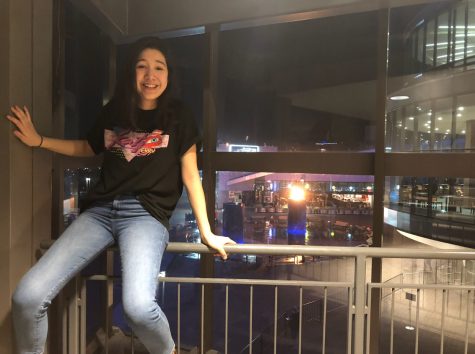
I'm Becca Roso, and this is my third year on the Clarion. This year I’ll be the digital editor, and I'm currently a Senior here at Cleveland. My favorite...



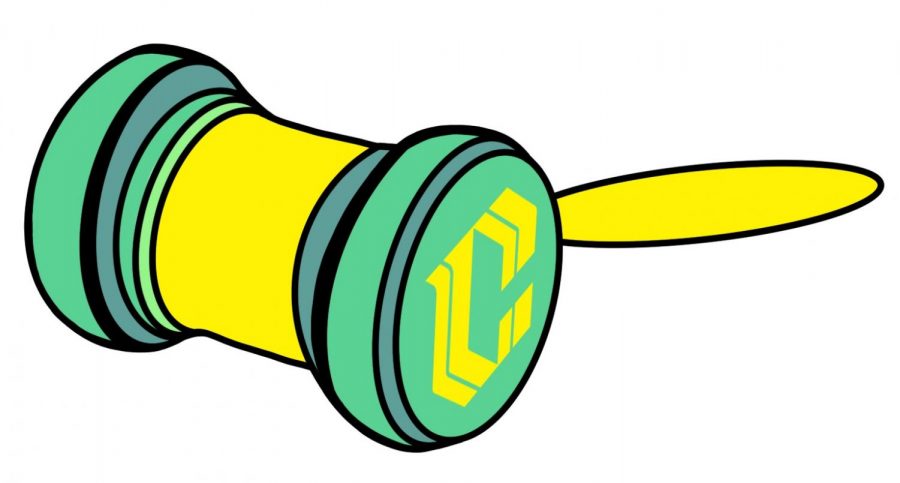
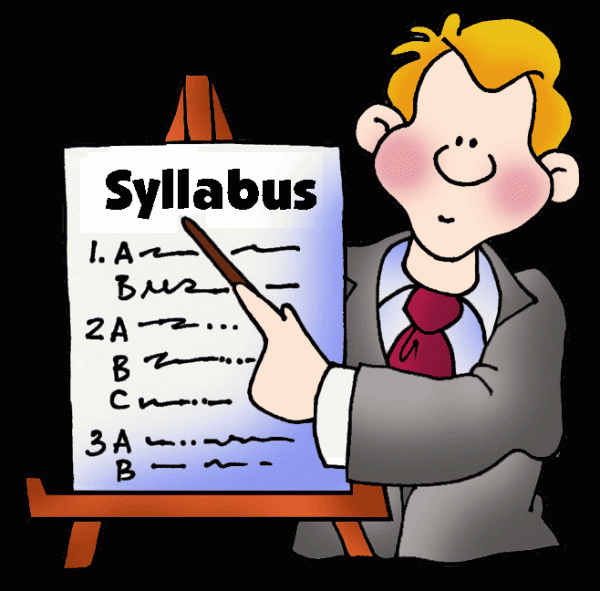
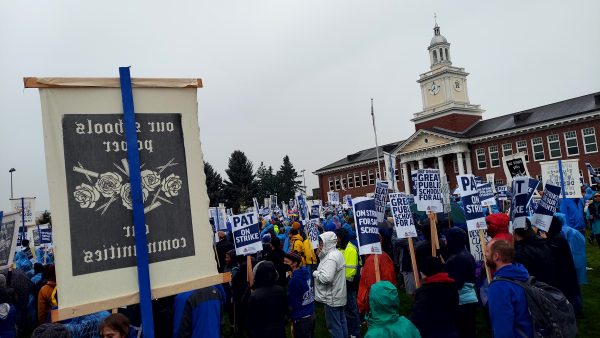
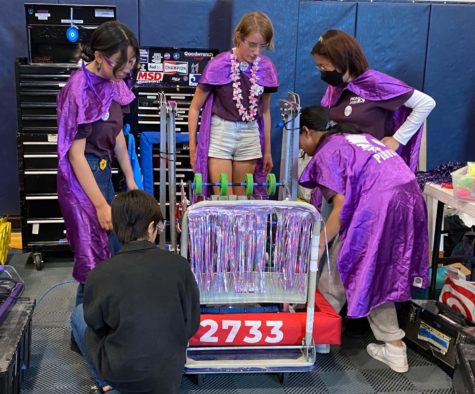

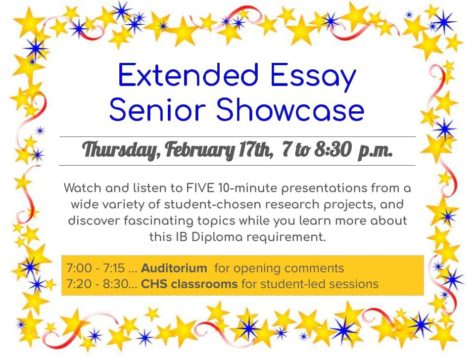
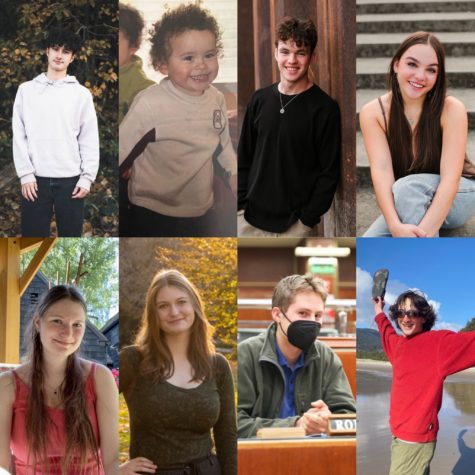

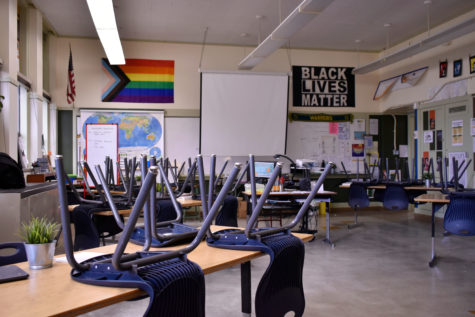
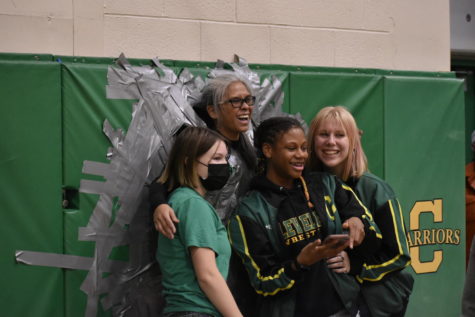
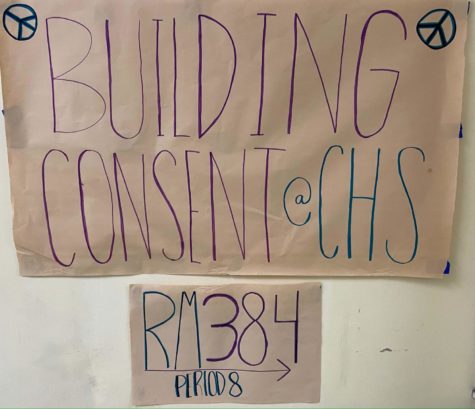

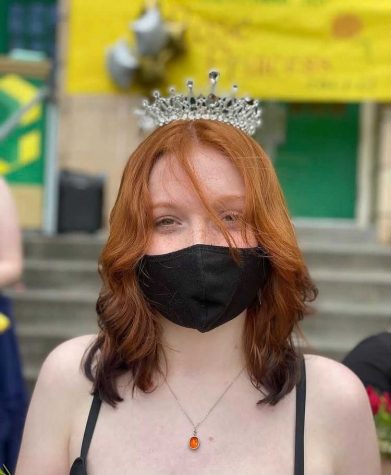

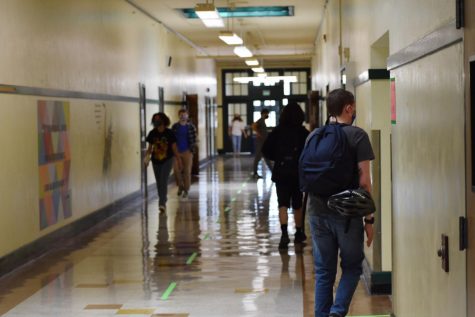
Patricia • Jan 14, 2021 at 12:51 PM
Very good information. Well done